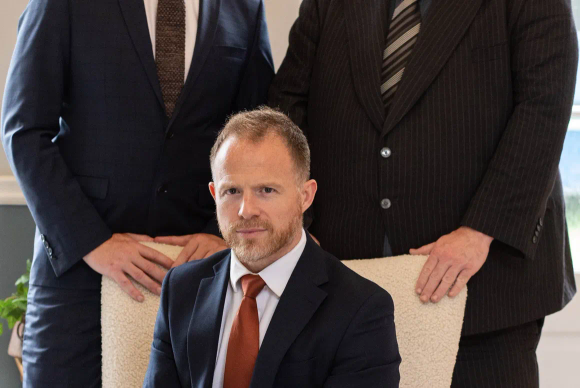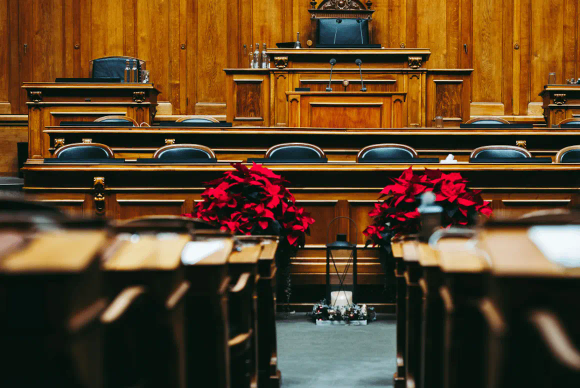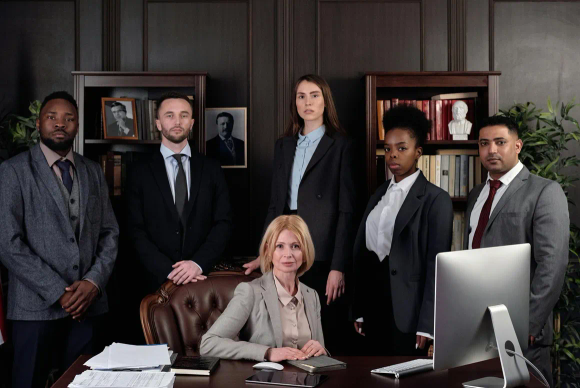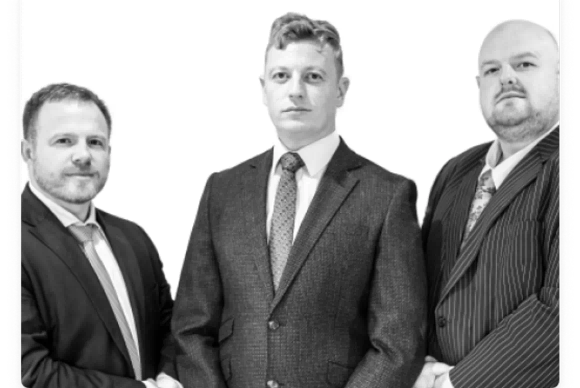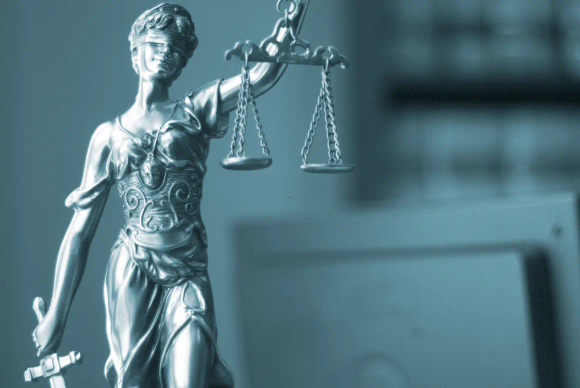One of the biggest fears people have is, “Will anyone find out about this?” The truth is that not all cases are made public.
Will My Name Appear in the Media?
If you haven’t been charged, your case is unlikely to be reported. Voluntary interviews or investigations usually remain private. However, if you are charged, your name may be made public, especially if the case reaches court.
But that doesn't mean it’s inevitable.
We often work with clients to request reporting restrictions or limit press interest where possible. Particularly in sensitive, reputationally damaging cases.
Can the Press Report on a Historic Sexual Offence Case?
Yes, if charges are brought and the case is heard in open court, the press can attend and report details. However, they are legally restricted from naming alleged victims or including identifying information.
If you have particular concerns, we can advise on media handling and privacy protection measures.
How We Protect Your Privacy
Discretion is at the heart of everything we do. From your first call to the final resolution, your case will be handled with the utmost care and confidentiality.
We will:
- Never share your information without consent
- Use private consultations — in person, by phone or video
- Avoid drawing attention to your case unless absolutely necessary
You’ll never be treated like a headline. You’ll be treated like a person who deserves dignity, discretion, and protection.
Historic Sexual Offence FAQs
Can the police really charge me for something that happened 30 years ago?
Yes — there’s no time limit in the UK for prosecuting sexual offences. Historic allegations can be investigated and charged, even decades after the alleged event.
The Crown Prosecution Service (CPS) will assess whether there’s:
- A realistic prospect of conviction
- Public interest in proceeding
Time passed doesn’t protect you from prosecution. Legal advice is essential from the start.
What type of evidence do police use in historic abuse cases?
Police don't need physical evidence to bring charges in historic cases. They may rely on:
- The accuser’s testimony
- Witness statements
- Old school, work, or social service records
- Medical or psychological reports
- Personal diaries or letters
Patterns of alleged behaviour can also be used. A solicitor can challenge credibility and consistency in this type of evidence.
How long could a historic sex offence investigation actually take?
There’s no fixed timeline. Investigations can take months or even longer. You may be:
- Released under investigation (RUI)
- Placed on bail with conditions
Delays happen due to:
- Evidence gathering
- Witness availability
- CPS review times
During this period, you have rights. Get regular legal updates and avoid speaking to police without advice.
I’ve been falsely accused — what should I do first?
Follow these four steps:
- Do not contact the accuser.
- Keep all evidence — emails, messages, records.
- Avoid discussing the case publicly or online.
- Speak to a solicitor immediately — even before police interview.
False allegations can spiral quickly. Early advice is your best protection.
If I haven’t been charged, do I still need a solicitor?
Yes — absolutely. A voluntary interview or police contact still carries legal risk. What you say early can affect whether charges are brought. A solicitor helps you:
- Prepare your statement
- Avoid self-incrimination
- Protect your rights
Pre-charge advice can change the entire course of your case.
Will anyone find out I’ve been accused?
It depends on your case status. If you’ve not been charged, the police usually keep things private. If you’re charged, the press may report it, especially for serious allegations. MMA Law handles your defence with total discretion. We help protect your reputation and keep your case as private as possible.
What’s the difference between a caution and being charged?
A caution means:
- You admit guilt
- You avoid court
- It still appears on your record
A charge means:
- The CPS believes there’s enough evidence
- You must appear in court
- You’ll face a full trial
Never accept a caution without legal advice. It can affect jobs, travel, and future allegations.
